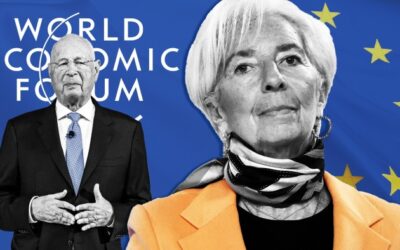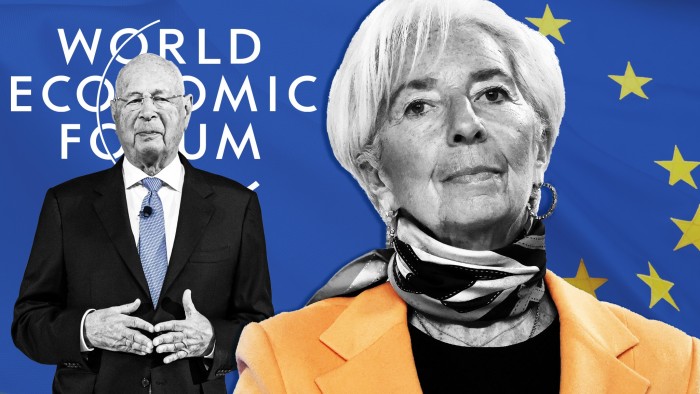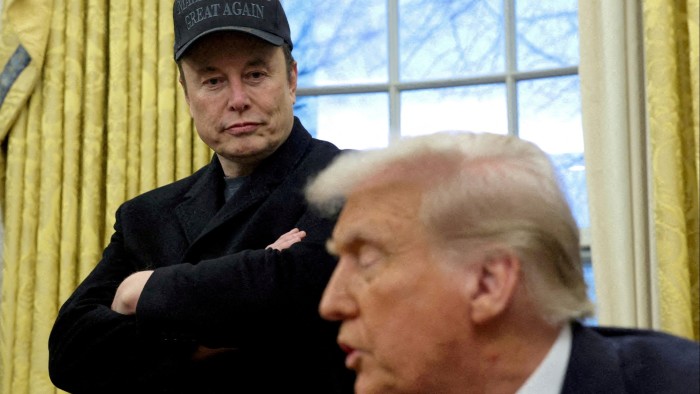Donald Trump’s tariffs will fix a broken system

Unlock the White House Watch newsletter for free
Your guide to what the 2024 US election means for Washington and the world
The writer is President Trump’s senior counsellor for trade and manufacturing
The international trade system is broken — and Donald Trump’s reciprocal tariff doctrine will fix it. This long-overdue restructuring will make both the US and global economies more resilient and prosperous by restoring fairness and balance to a system rigged against America.
For decades, under the biased rules of the World Trade Organization, the US has faced systematically higher tariffs from its major trading partners and far more punitive non-tariff barriers. The result is a national emergency that threatens both our economic prosperity and national security.
At the heart of this crisis is a trade deficit in goods that has ballooned to more than $1tn annually. The economic models of free trade that predict chronic trade imbalances will always be eliminated through price adjustments via exchange rates are dead wrong.
The US cumulative trade deficits in goods from 1976 — the year chronic deficits began — to 2024 have transferred over $20tn of American wealth into foreign hands. That’s more than 60 per cent of US GDP in 2024. Foreign interests have taken over vast swaths of US farmland, housing, tech companies, and even parts of our food supply.
A central driver of this one-sided trade is the WTO’s “most favoured nation” (MFN) rule, which requires member countries to apply the lowest tariff they offer to any one nation to all WTO members. America’s trading partners can maintain high, uniform tariffs across the board — with no incentive to negotiate fairer terms with the US.
Since 1979, the year that manufacturing jobs peaked in America and the Tokyo round of the General Agreement on Tariffs and Trade ushered in major MFN-driven tariff reductions, the US has lost 6.8mn manufacturing jobs. Since China joined the WTO in 2001, real median weekly earnings in the US have largely stagnated — rising little more than 10 per cent over the entire period.
Today, the average US MFN tariff is just 3.3 per cent. China’s is double that at 7.5 per cent. Thailand and Vietnam both hover near 10 per cent and India stands at a staggering 17 per cent. The imbalance extends to autos: the EU charges four times the US car tariff at 10 per cent for saloon cars, China’s base import tariff for passenger vehicles is 25 per cent.
Even worse than this is the barrage of non-tariff weapons foreign nations use to strangle American exports, unfairly boost their shipments to the US, and wall off their own markets. These tools include currency manipulation, value added tax distortions, dumping, export subsidies, state-owned enterprises, IP theft, discriminatory product standards, quotas, bans, opaque licensing regimes, burdensome customs procedures, data localisation mandates and, increasingly, the use of “lawfare” in places like the EU to target America’s largest tech firms. On top of that, many foreign competitors operate from sweatshops and pollution havens that morally and environmentally stain the global landscape from Asia and Africa to Latin America.
While the WTO technically allows challenges, its dispute resolution system is functionally broken — and the consequences have been catastrophic. The US has brought several high-profile agricultural trade disputes to the WTO — targeting foreign bans on poultry, hormone-treated beef, and genetically modified crops. In nearly every case the US prevailed. But the victories did not matter. The EU’s ban on hormone-treated US beef was challenged in 1996, ruled illegal in 1998, and yet the EU has not lifted it.
A trade system where we face higher tariffs, steeper non-tariff barriers and no viable path to resolution is nothing more than an “honour system” in a world with no honour among cheaters. That’s why America must — and now is — defending itself.
Trump’s reciprocal tariff doctrine does exactly what the WTO has failed to do: it holds foreign countries accountable. The US will now match the substantially higher tariffs and crushing non-tariff barriers imposed on us by other nations. This is about fairness, and no one can argue with that.
This is not a negotiation. For the US, it is a national emergency triggered by trade deficits caused by a rigged system.
President Trump is always willing to listen. But to those world leaders who, after decades of cheating, are suddenly offering to lower tariffs — know this: that’s just the beginning.
We will want to hear from countries including Cambodia, Mexico and Vietnam that you will stop allowing China to evade US tariffs by trans-shipping exports through your countries. The far bigger threat lies in the web of non-tariff barriers that continue to choke American industries. And that, too, must end.
All America wants is fairness. President Trump is simply charging you what you are charging us. What is fairer than that?






